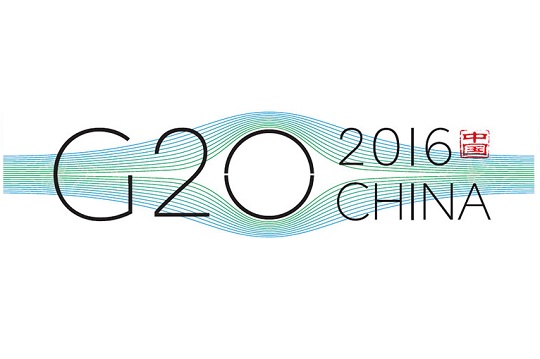 (TibetanReview.net, Sep10, 2016) – Leaders of the world’s 20 richest countries, including many democracies, have been criticized for not raising any objection to China’s arrest or rounding up of journalists, activists and petitioners in the run up to the G-20 summit held Sep 4-5 in the southern city of Hangzhou. Besides, major civil society groups, who have traditionally played an important role at previous G-20 summits, were largely excluded this time around, “breaking precedent,” washingtonpost.com Sep 8 quoted Joanna Chiu of the German news agency DPA as saying.
(TibetanReview.net, Sep10, 2016) – Leaders of the world’s 20 richest countries, including many democracies, have been criticized for not raising any objection to China’s arrest or rounding up of journalists, activists and petitioners in the run up to the G-20 summit held Sep 4-5 in the southern city of Hangzhou. Besides, major civil society groups, who have traditionally played an important role at previous G-20 summits, were largely excluded this time around, “breaking precedent,” washingtonpost.com Sep 8 quoted Joanna Chiu of the German news agency DPA as saying.
The report cited Paris-based press freedom group Reporters Sans Frontieres (RSF) as saying China arrested five citizen journalists during the G-20 meeting. It also cited China Human Rights Defenders (CHRD) as saying dozens of activists and petitioners were founded up in the run-up to the summit.
If any of the world leaders who took part in the summit protested, it wasn’t obvious, the report said.
It noted that although the leaders of the United States, United Kingdom and Canada were among those who claimed to have raised human rights during meetings with President Xi Jinping, there was no sense that anyone objected to the crackdown that has accompanied the meeting itself.
The report cited Benjamin Ismaïl, the head of RSF’s Asia-Pacific desk, as saying the events in Hangzhou followed a familiar and depressing pattern. “Whenever an international event is held in China — whether the Olympic Games, the World Internet Conference in Wuzhen or the G-20 summit – the authorities violate the rights of thousands of people and arrest dozens of citizen journalists, bloggers and online information activists.”
The five journalists arrested, all women, were reported to have done nothing more subversive than reporting on the arrests of other people and the crackdown around the G-20 summit.
And in a Sep 2 statement, CHRD had documented 42 cases of individuals deprived of their liberty in connection with the G-20 summit, including one formal arrest, and many detentions or enforced disappearances. And the group’s International Director Renee Xia was cited as saying even more people had been formally arrested or detained since then.
Commenting on the declining effectiveness of world leaders in addressing the human rights situation in China under the existing mechanisms, Human Rights Watch’s China Director Sophie Richardson had said in a powerful opinion piece for Foreign Policy this month, that the world needed a new approach to China’s fast deteriorating human rights situation, and that the standard tools — private persuasion, occasional public condemnation, and modest engagement with Chinese officials — had not worked.
She said that even when there were criticisms, what was lacking was any “clarity about what the United States, the European Union, or others will actually do in response to China’s sharply escalating repression.” She felt that “decades of experience should make clear to Washington, Brussels, and others that Beijing responds only to the expectation of unpleasant consequences.”


